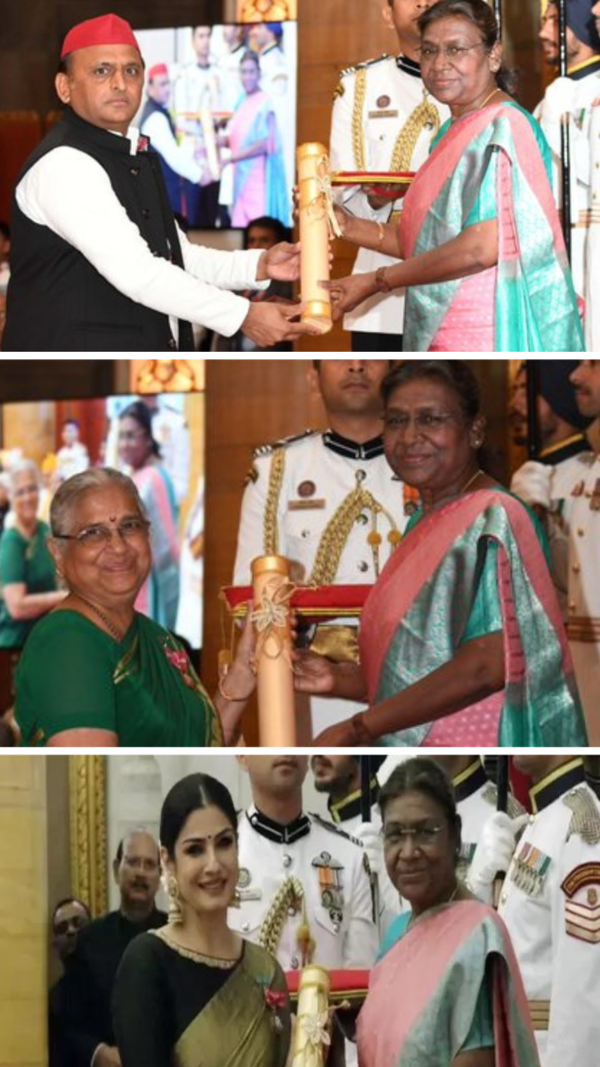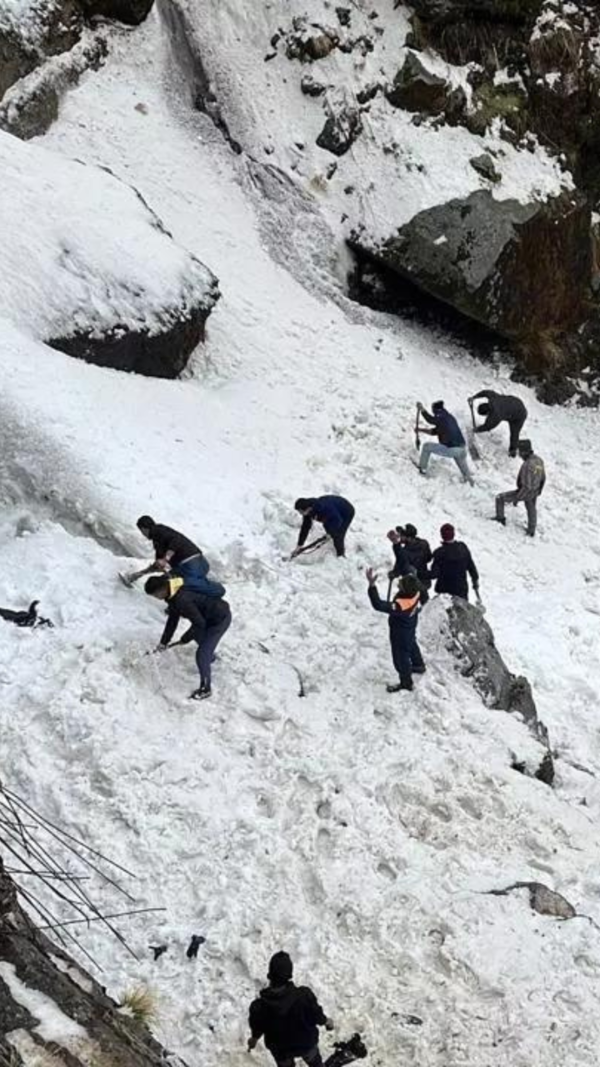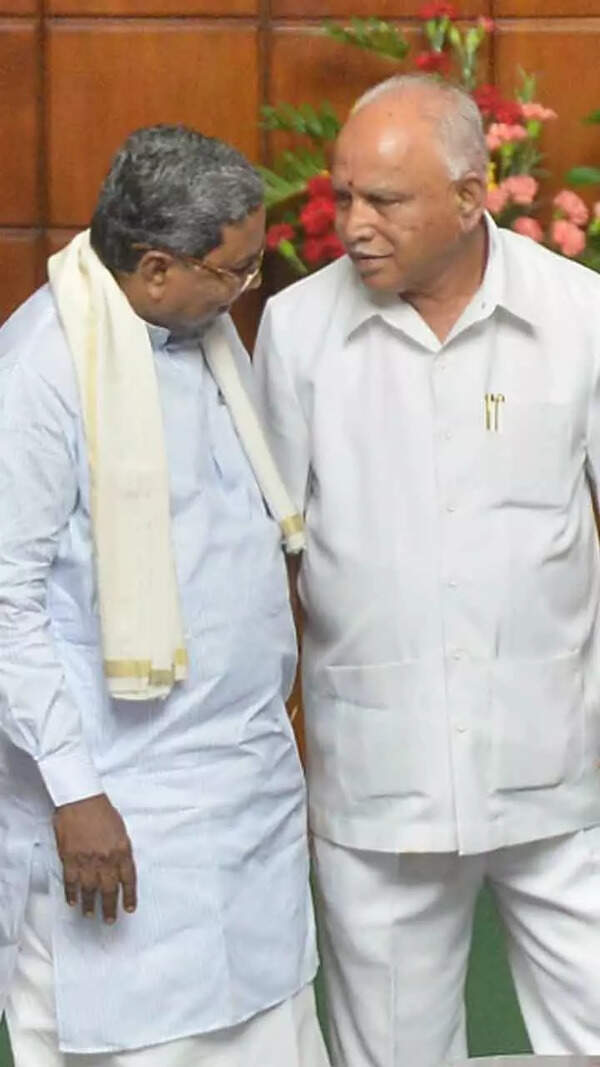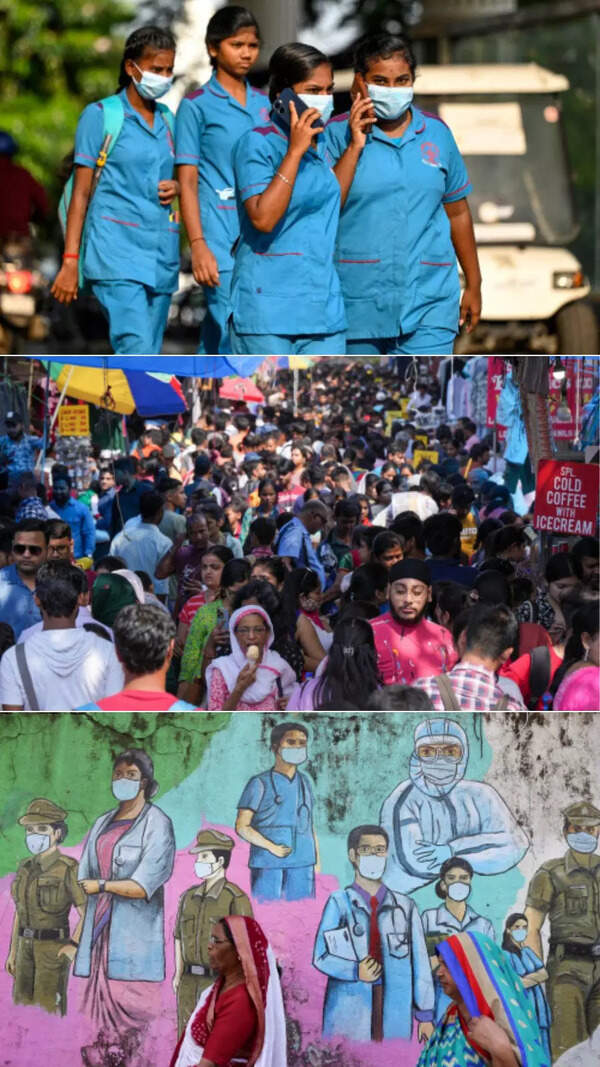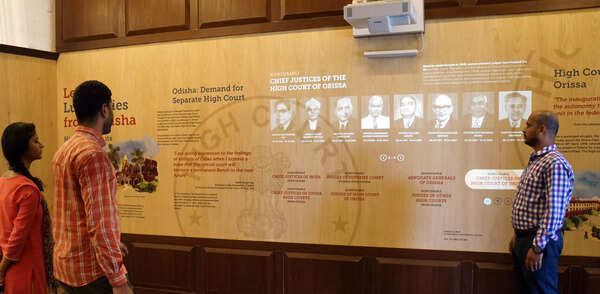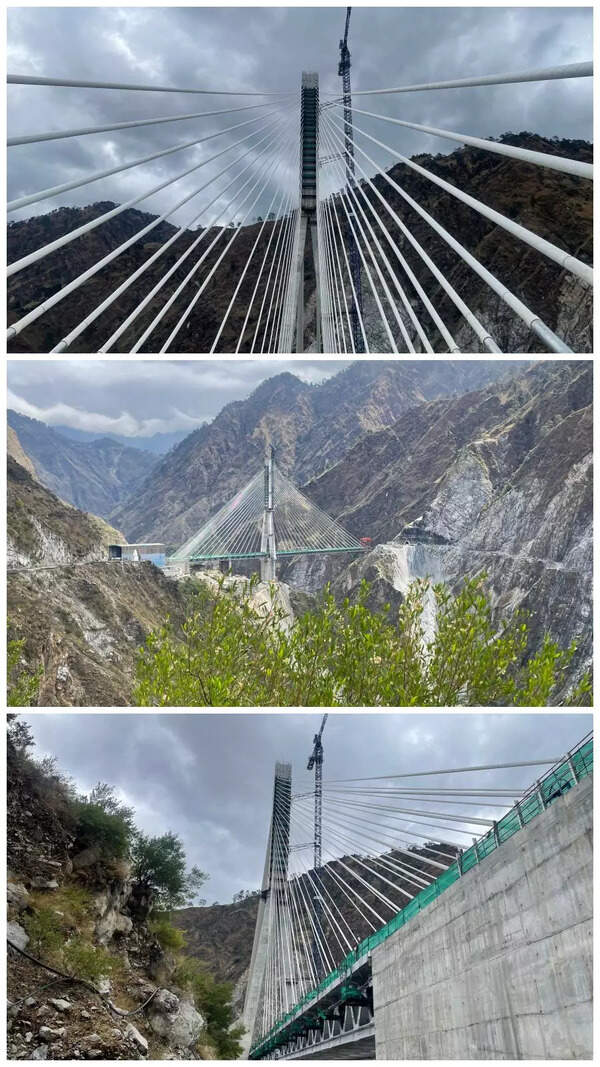Trending Topics
Programme to make Pune 'most cardiac safe' place in India
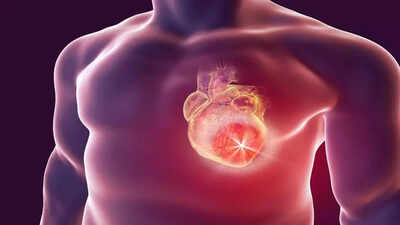
Image used for representational purpose only
PUNE: The Rotary Club of Pune, Laxmi Road in collaboration with Revive Heart Foundation has initiated a three-week programme to create awareness about cardiopulmonary resuscitation (CPR) and automated external defibrillator (AED) and make Pune the most 'cardiac safe city in India'.
The programme, christened 'Project Dhadkan', was kicked off on April 7 and will include sessions on correct implementation of CPR techniques and usage of AED machines in emergency situations. The sessions will be held across various educational institutions, housing societies, corporate offices, police stations and other important establishments in Pune.
"Knowledge and skill in performing CPR and using AED systems among public will significantly raise the chances of survival of a person suffering from cardiac arrest until professional medical care arrives at the scene. Our target is to educate at least 1,50,000 people over the course of three weeks," national coordinator of the project and psychologist, Kinjal Goyal said.
According to Goyal, three AEDs have already been donated, one of which has been installed at the joint commissioner of police's office, another one at Shivajinagar ST stand and permission for the installation of the remaining three is awaited. "These machines will be as accessible to the people as fire extinguishers are," she said.
Revive Heart Foundation had, in 2022, provided training on CPR and AED to around 600 personnel of the Pune police and over 40,000 personnel of the Mumbai police with similar sessions held for the police personnel in Ahmedabad, Lucknow and Haryana.
Additional commissioner of police, Jalinder Supekar said that the sessions were very helpful. "There are instances when personnel on duty come across accidents or persons requiring immediate medical care. With the knowledge imparted in the sessions, the personnel can provide medical care till professional medical care arrives," he added.
Interventional cardiologist and electrologist Sunil Sathe feels awareness creation is a step in the right direction and called for sessions to be a part of the school curriculum. "At least a chapter for Class IX students, with short refresher courses up to college should be incorporated in the curriculum.
These life-saving skills should be imparted at a young age as these students will then educate their parents, thus resulting in exponential reach. Another helpful move will be to play a short educational clip before the screening of a film," he said.
"If you are waiting at a bus stop and see someone faint, you should call for emergency medical help and perform CPR. Even during sports activities, you should be alert that it might be a cardiac arrest and provide CPR," he added.
The programme, christened 'Project Dhadkan', was kicked off on April 7 and will include sessions on correct implementation of CPR techniques and usage of AED machines in emergency situations. The sessions will be held across various educational institutions, housing societies, corporate offices, police stations and other important establishments in Pune.
"Knowledge and skill in performing CPR and using AED systems among public will significantly raise the chances of survival of a person suffering from cardiac arrest until professional medical care arrives at the scene. Our target is to educate at least 1,50,000 people over the course of three weeks," national coordinator of the project and psychologist, Kinjal Goyal said.
According to Goyal, three AEDs have already been donated, one of which has been installed at the joint commissioner of police's office, another one at Shivajinagar ST stand and permission for the installation of the remaining three is awaited. "These machines will be as accessible to the people as fire extinguishers are," she said.
Revive Heart Foundation had, in 2022, provided training on CPR and AED to around 600 personnel of the Pune police and over 40,000 personnel of the Mumbai police with similar sessions held for the police personnel in Ahmedabad, Lucknow and Haryana.
Additional commissioner of police, Jalinder Supekar said that the sessions were very helpful. "There are instances when personnel on duty come across accidents or persons requiring immediate medical care. With the knowledge imparted in the sessions, the personnel can provide medical care till professional medical care arrives," he added.
Interventional cardiologist and electrologist Sunil Sathe feels awareness creation is a step in the right direction and called for sessions to be a part of the school curriculum. "At least a chapter for Class IX students, with short refresher courses up to college should be incorporated in the curriculum.
These life-saving skills should be imparted at a young age as these students will then educate their parents, thus resulting in exponential reach. Another helpful move will be to play a short educational clip before the screening of a film," he said.
"If you are waiting at a bus stop and see someone faint, you should call for emergency medical help and perform CPR. Even during sports activities, you should be alert that it might be a cardiac arrest and provide CPR," he added.
Start a Conversation
FOLLOW US ON SOCIAL MEDIA
FacebookTwitterInstagramKOO APPYOUTUBE


